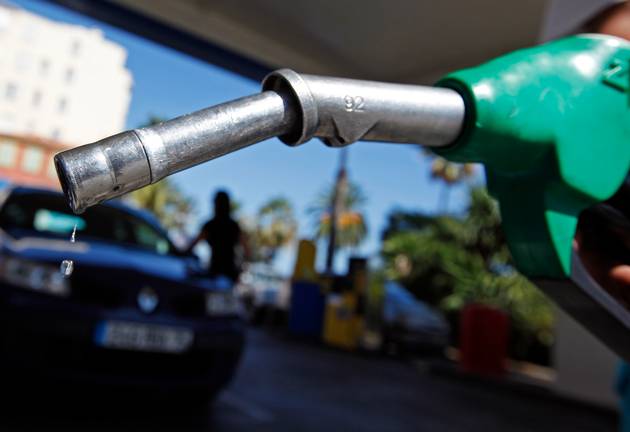South Africa’s swift transition to becoming a net importer of fuel poses supply risks that necessitate improved infrastructure for storage and transportation, according to Transnet, the state-owned logistics company.
In 2023, the country imported 61% of its petroleum products, a significant increase from 22% four years ago, largely due to the closure of several refineries, as reported by Transnet in a recent presentation.
This growing reliance on imports has made South Africa’s fuel pipeline system vulnerable to disruptions, potentially leading to temporary fuel shortages. To address these issues, Transnet plans to invest in expanding the Durban port, which will include additional storage tanks, a new fuel import terminal, and a jet fuel pipeline.
ALSO READ: Gold Production at Blanket Mine Increases by 2.84% in First Nine Months
The decline in South Africa’s refining capacity has resulted from a combination of industrial accidents and the need for significant investments to meet new low-sulfur fuel standards, particularly in aging facilities.
Notable closures, such as the 2021 shutdown of the Engen oil refinery and feedstock shortages at PetroSA’s gas-to-liquids plant, have further diminished the nation’s fuel production.
Traders see opportunities amid these challenges. In February 2023, a unit of Vitol Group agreed to purchase a 74% stake in Engen, South Africa’s largest fuel station network. Additionally, TotalEnergies SE is planning to expand its fuel trading operations in the country.

For comments, Feedback and Opinions do get in touch with our editor on WhatsApp: +44 7949 297606.
